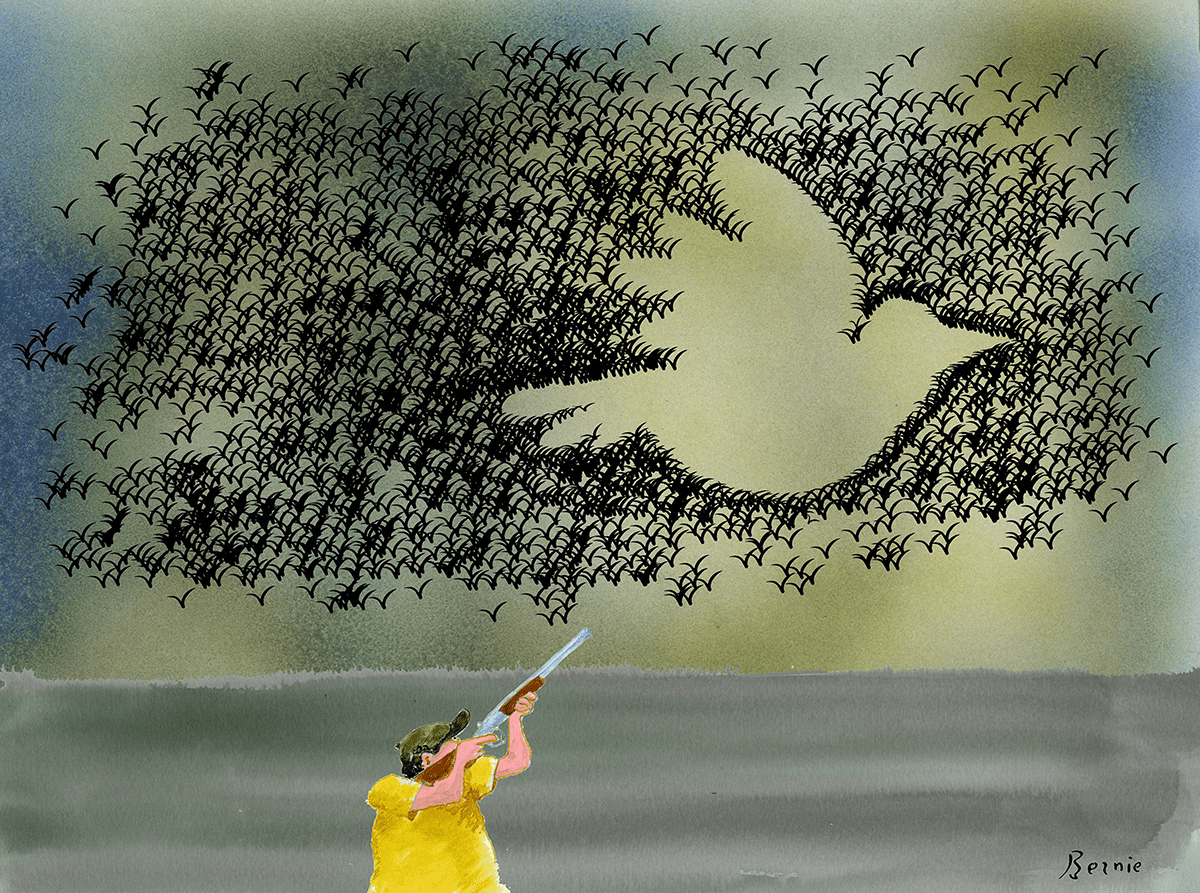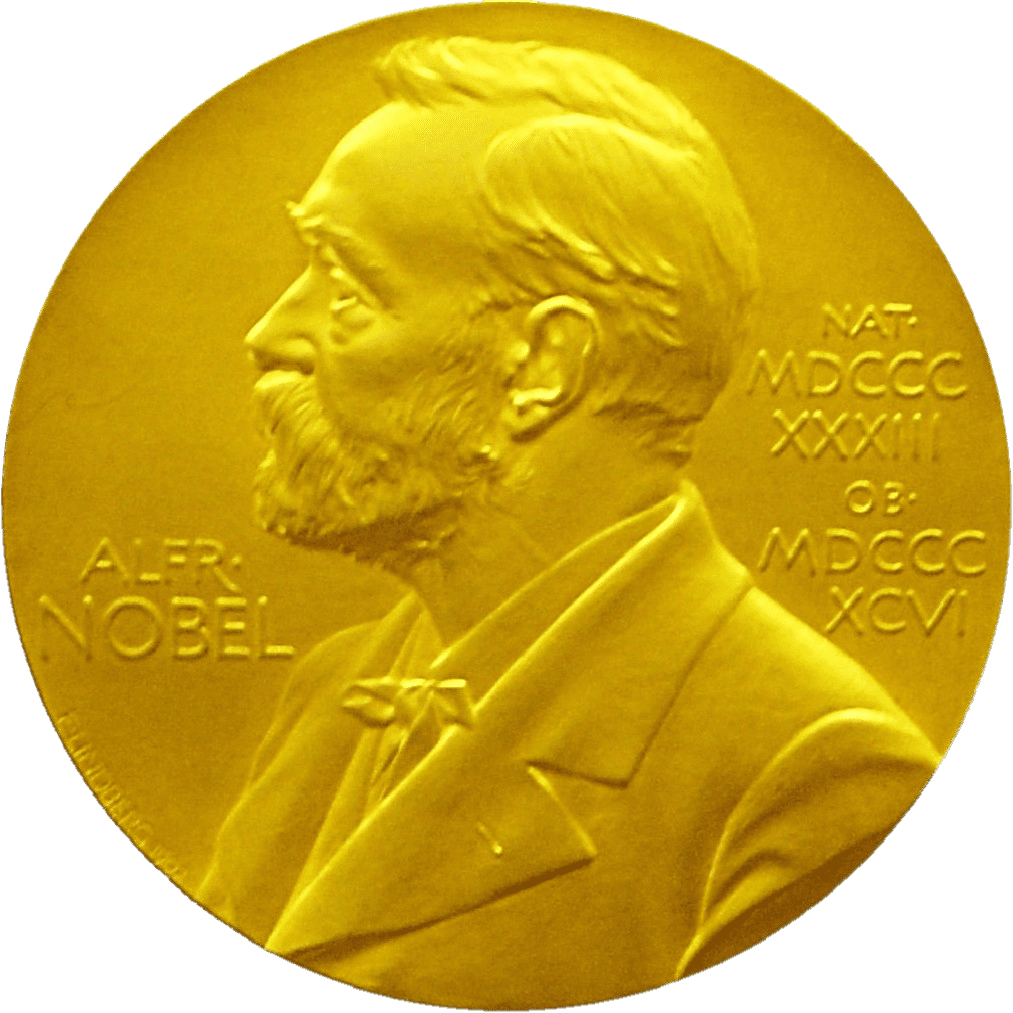Below is an excerpt from Alex de Waal’s chapter, “Inclusion in Peacemaking: From Moral Claim to Political Fact,” in the recently published, The Fabric of Peace in Africa: Looking Beyond the State, edited by Pamela Aall and Chester A. Crocker.
There is an international norm of inclusion in peace processes and political settlements. This is recent. Twenty years ago, the participation of unarmed political parties, civil society actors and women, was only a moral principle and an aspiration, disputed by political elites and questioned by conflict mediators. Today it has become a norm of international political practice, in the sense that people in conflict-affected countries demand inclusion, the international sponsors of peace processes seek it, and protagonists in conflicts tactically call upon it, occasionally to good effect. Inclusion is not law. It is still contested, but its challengers are in retreat. This paper examines what has occurred.
Inclusion in peacemaking encompasses all of the following: people may be directly represented in peace processes; or participate in those processes and their outcomes in less direct ways; and their interests may be included through representatives of groups or through public deliberation. There is no precise definition of inclusion: it is a family-resemblance concept, part-normative and part-empirical, sustained by an untheorized consensus of what it should be and the work it should do. The progress of the norm of inclusion can be seen in the participation of a widening group of political and civil groups in negotiating political settlements, the standard framing of peace agreements to provide for representative government and political liberalization, and the hard work that advocates of exclusion need to do to justify their positions—with one or two signal exceptions, such as refusing to deal with groups labeled as ‘terrorists’.
The norm of inclusion is part of the broader normative penetration of peace processes and post-conflict peacebuilding. Inclusion has gained recognition and political traction through a process of deliberative democracy (c.f. Jürgen Habermas 1997), with international organizations such as the United Nations and African Union playing a leading role in constituting a global ‘interpretative community’ (Johnstone 2007; 2011). The norm of inclusion has been adopted partly through Habermasian processes of ‘true reasoning’ and ‘strategic argumentation’ in the public sphere. It has also been utilized selectively and opportunistically political protagonists, but those politicians may find that they do not remain masters of a more inclusive process for long.
Inclusion is part of the global cascade of norms that has been gathering pace since World War Two. Article 25(a) of the International Covenant on Civil and Political Rights of 1966 specifies the right of every citizen ‘to take part in the conduct of public affairs, directly or through freely chosen representatives.’ The principle is also manifest in African documents, notably the African Charter on Democracy, Elections and Governance of 2007. For thirty years, the ICCPR was applied neither to situations of armed conflict nor to countries emerging from war. Only recently has the principle enshrined in Article 25 been considered relevant to peacemaking and post-conflict political settlements, and peacemakers tend to apply it flexibly, with a ‘light touch’ (Saul 2014). Nonetheless the active participation of a wide range of political and civil actors in a country is now generally considered good for peace, and also a foundational component for a legitimate political settlement. It is also attracting the attention of scholars of international law (May 2012; Jus Post Bellum Project 2012). Lex pacificatoria—the law of the peacemakers, and by extension, the discretion of the negotiators and mediators to fashion their own agreement—is being challenged by the jus post bellum, which consists in the formulation of much less flexible international norms and principles for peace (Bell 2008). Thus far, the claim for a law of peacemaking has been made only by a few legal scholars, and is far from being recognized in practice, but the direction is evident.
The norm of inclusion has grown up alongside the historically novel embrace of peace as a norm (in both senses of the word), as opposed to previous epochs’ acceptance of war as a normal state of affairs and celebration of martial virtues (Howard 2000). There is a clear parallel between inclusion and accountability for war crimes: both are becoming accepted norms, despite resistance from specific quarters and over particular applications of the principle.
The first substantive part of this paper examines the ‘concentric circles’ of inclusion: armed belligerents (among them terrorists), unarmed political actors and civil society, weak and marginal groups, and women, and how they relate to diverse and changing logics of exclusion. The second part examines the tension between pragmatic efficacy in peacemaking (in which the principal belligerents make ‘their’ peace) and the legitimacy of the agreement that results (a national political settlement). The paper then turns to different approaches to inclusion in peace processes and in political settlements, and to how inclusion can be envisaged in a ‘post-democratic’ era of turbulent ‘political markets’, in which some important pre-democratic political principles remain, notably that loyalty takes precedence over legitimacy. The fourth substantive section looks at methodological issues with the study of inclusion in peacemaking, and the final part reflects on the process whereby the norm of inclusion has becomes a political fact, in a changed terrain of peacemaking in which there is no longer a meaningful separation between conflict mediation and political processes.
The full essay is available in The Fabric of Peace in Africa: Looking Beyond the State, edited by Pamela Aall and Chester A. Crocker.


